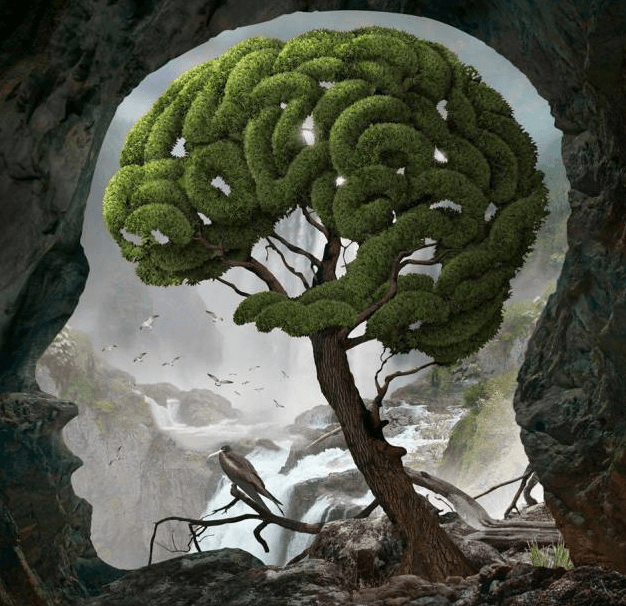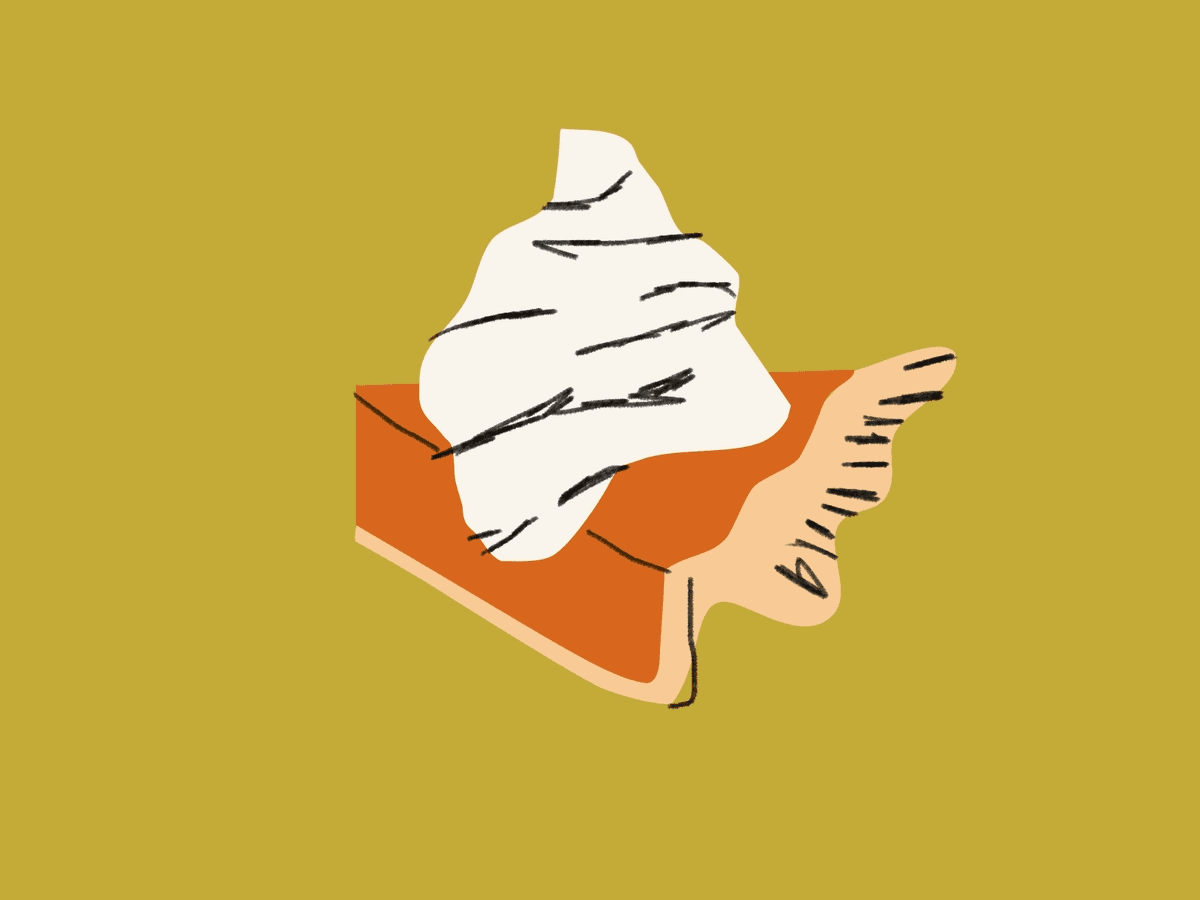Taking care of your mind garden
- Seed your mind garden with quality content. The format may impact how close you are to the source. The depth of the content you consume is not a measure of quality.
- When consuming content, grow branches on your knowledge tree by taking notes. It will help you remember better.
- To tend to your garden, you need to plant new ideas. Do this by replanting stems and cuttings from existing ideas you’ve added to your garden - by consistently taking notes, and combining them together, a bit like grafting.
341
1.75K reads
CURATED FROM
IDEAS CURATED BY
The idea is part of this collection:
Learn more about personaldevelopment with this collection
How to set new goals
How to take action towards a new life
How to create a plan for change
Related collections
Similar ideas to Taking care of your mind garden
How Your Mind Registers Information
To use your memory, you need to figure out how your mind registers information. It can be in writing or audio/visual format. It’s important to leave technology behind and focus on the individual or group in front of you.
- When we get introduced to someone or meet them for the first ti...
Taking care of your mental health
At all times, but especially during crises, it is worth taking extra care of your mental health.
You could try, for instance, spending less time on social media or going to a quieter place, far away from the crowded city. You will be impressed by the effects and you will most certainly...
Pieces of your professional PIE
Nowadays, working hard and having great ideas alone is simply not enough anymore. Regardless of what your goals are, the key is to be in control of your professional P.I.E.
Performance - by delivering quality results consis...
Read & Learn
20x Faster
without
deepstash
with
deepstash
with
deepstash
Personalized microlearning
—
100+ Learning Journeys
—
Access to 200,000+ ideas
—
Access to the mobile app
—
Unlimited idea saving
—
—
Unlimited history
—
—
Unlimited listening to ideas
—
—
Downloading & offline access
—
—
Supercharge your mind with one idea per day
Enter your email and spend 1 minute every day to learn something new.
I agree to receive email updates

